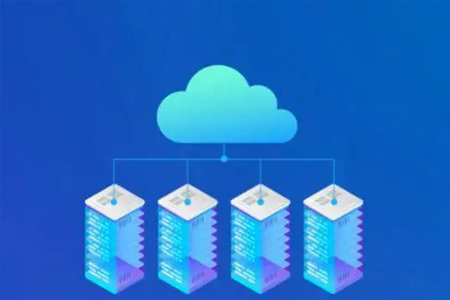Dedicated servers (independent servers) and cloud servers are two different ways of hosting servers. They have some differences in hardware, architecture, flexibility, cost, etc. Here are the key differences between dedicated servers and cloud servers:
1.Hardware resource allocation:
Dedicated server: A dedicated server is a complete physical server, and all hardware resources (CPU, memory, storage, etc.) are allocated specifically to the server. You don't need to share hardware resources with other users, so you have greater control and predictability over resource usage.
Cloud server: Cloud server is a virtual machine created on a physical server through virtualization technology. Multiple cloud servers can share the resources of the same physical server, including CPU, memory and storage. While cloud providers typically isolate resources, resource allocation may be affected by the load on other cloud servers.
2. Flexibility and scalability:
Dedicated server: The resources of a dedicated server are fixed, and you need to purchase a new server or upgrade hardware to expand. This requires time and budget and can result in wasted or insufficient resources.
Cloud server: Cloud server is highly elastic and scalable. You can adjust resources at any time according to your needs, such as adding CPU, memory, storage, etc., to adapt to traffic peaks or changes in business needs.
3. Cost and payment model:
Dedicated servers: Dedicated servers usually require a one-time purchase of hardware, as well as management and maintenance of the server. This may involve higher initial costs but may be more economical in the long term.
Cloud server: Cloud servers usually adopt a pay-as-you-go model, and you only pay for the resources you actually use. This makes cloud servers more attractive for businesses with limited budgets, but can lead to accumulated costs in the long term.

4. Management and control:
Dedicated server: Dedicated server requires you to be responsible for the management, maintenance and upgrade of the hardware, including operating system installation, security patches, backups, etc.
Cloud server: Cloud servers usually provide self-service management control panels, allowing you to configure, manage and monitor virtual machines by yourself. This reduces the burden of server administration, especially for users who do not have advanced system administration skills.
5. High availability and fault tolerance:
Dedicated servers: To achieve high availability and fault tolerance, complex architectures need to be implemented, such as load balancing, redundant deployment, etc.
Cloud server: Cloud server platforms usually have high availability and fault tolerance mechanisms, which can quickly switch to other available resources when a failure occurs, improving service reliability.
6.Virtualization technology:
Dedicated servers: Dedicated servers usually do not involve virtualization, and all resources run on physical hardware.
Cloud server: Cloud server is based on virtualization technology and creates virtual machines on physical servers to provide computing resources. This may result in some minor performance penalties, but provides greater flexibility.
In summary, there are differences between dedicated servers and cloud servers in terms of hardware, resource allocation, elasticity, cost, management, etc. Which server you choose depends on your business needs, budget, technical capabilities, and need for control over resources.






